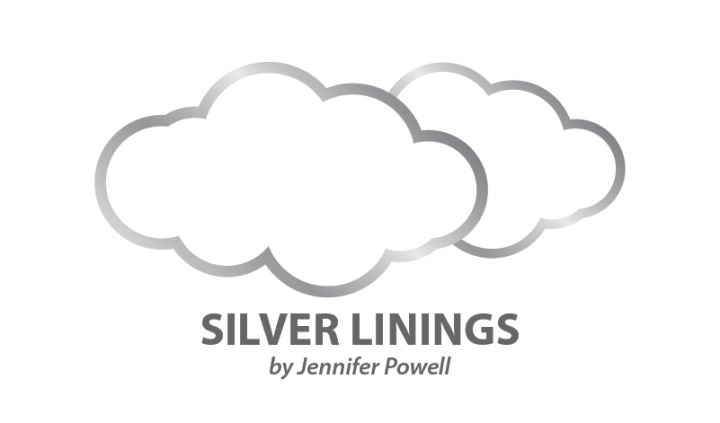Losing Fear of Change with SPMS
Written by |


I am a strategist. I think things through. This attribute is borne of necessity. A birthday dinner is not complete without my exit plan. As I wait to be served, I realize the booth is a bit low. I smile, blow out my candle, then scope out things to hold when I stand. I have visions of cappuccinos in flight as I tip the table.
When did intention dominate the moment?
I recall a trip to Paris several years after my diagnosis. Dinner aboard a boat on the river Seine. The city of lights pass by; dim lighting onboard magnifies the beauty of Paris by night. I panic. I need to find the restroom. I calculate the duration of the cruise and determine I cannot wait. I stand, steady myself, and take cautious steps. I find the restroom and collapse in tears.
When did fear eclipse joy?
Autonomic response to a foreign entity is an attempt at self-preservation. My fear, however, impedes my ability to experience life. Multiple sclerosis (MS) demands that I acclimate. Therefore, I need to train my brain to view these changes more favorably.
I have a significant drop foot on my right side. The extent to which it affects my ability to walk changes. When tired my foot drags as I bring it forward; these days do not pass without a stubbed toe. I have a tendency to stumble and fall; I also have an enviable talent to do this while standing completely still.
My instability creates trepidation when I plan to go anywhere. I coach my mindset to replace fear with adventure. The unknown still exists, yet it is now more favorable. It is a matter of mindset. Action steps precede cognitive change.
This trajectory is gradual. As with any growth, you move two steps forward, one step back. I certainly do. While standing still, I began to sway, right into a tall display of wrapping items, they flew into the air amid a crash to the floor. With chagrin, I began to put the display back together. Empathetic customers and kindly clerks gave me that look. You know the one. They mean no harm; I merely interpreted that their attitude was pejorative. This perception heightens my fear. Recognize moments when you misconstrue meaning out of fear. This realization is half the battle.
What MS-related change evokes your fear? Replace the fear with something which inspires or excites you. As you liberate yourself your fear will dissipate.
Disease manifestation commands that we acclimate. We can live in fear of change or embrace the opportunity for growth. I live the latter. I refuse to let fear keep me small. On the other side of fear, I have found the best version of myself.
And that is a change I like.
***
Note: Multiple Sclerosis News Today is strictly a news and information website about the disease. It does not provide medical advice, diagnosis, or treatment. This content is not intended to be a substitute for professional medical advice, diagnosis, or treatment. Always seek the advice of your physician or other qualified health provider with any questions you may have regarding a medical condition. Never disregard professional medical advice or delay in seeking it because of something you have read on this website. The opinions expressed in this column are not those of Multiple Sclerosis News Today or its parent company, Bionews Services, and are intended to spark discussion about issues pertaining to multiple sclerosis.



Michael
This is great. Love your writing style. Thanks.
Jonathan Mitchell Elsenbroek
I want to say I have no fear but as a human being that would probably be a fallacy, but I believe I have a pretty good handle on fear, especially when it comes to MS. Even when I became totally unable to move I wouldn’t describe it as fear, amazing yes. Crazy unbelievable yes, but fear, not really. It’s only happened twice that I recall and both times it did not last more than 2 days. The 2nd only 12 hours. Not at all since starting Ocrevus and am very grateful for that. I did not like it, and yes, I suppose, I’d have to admit it was scary.
JE
Todd
I live by the three "R's" - 1) Be Resourceful: Always be on the lookout for places I can grab or terrain that may pose a problem. 2) Be Resilient: I will fall, but I always get back up and try to remember any lessons I learn from the fall. 3) Be Relentless: Always be doing everything I can to resist the progression of the disease, from medications to exercise. I can't give up!